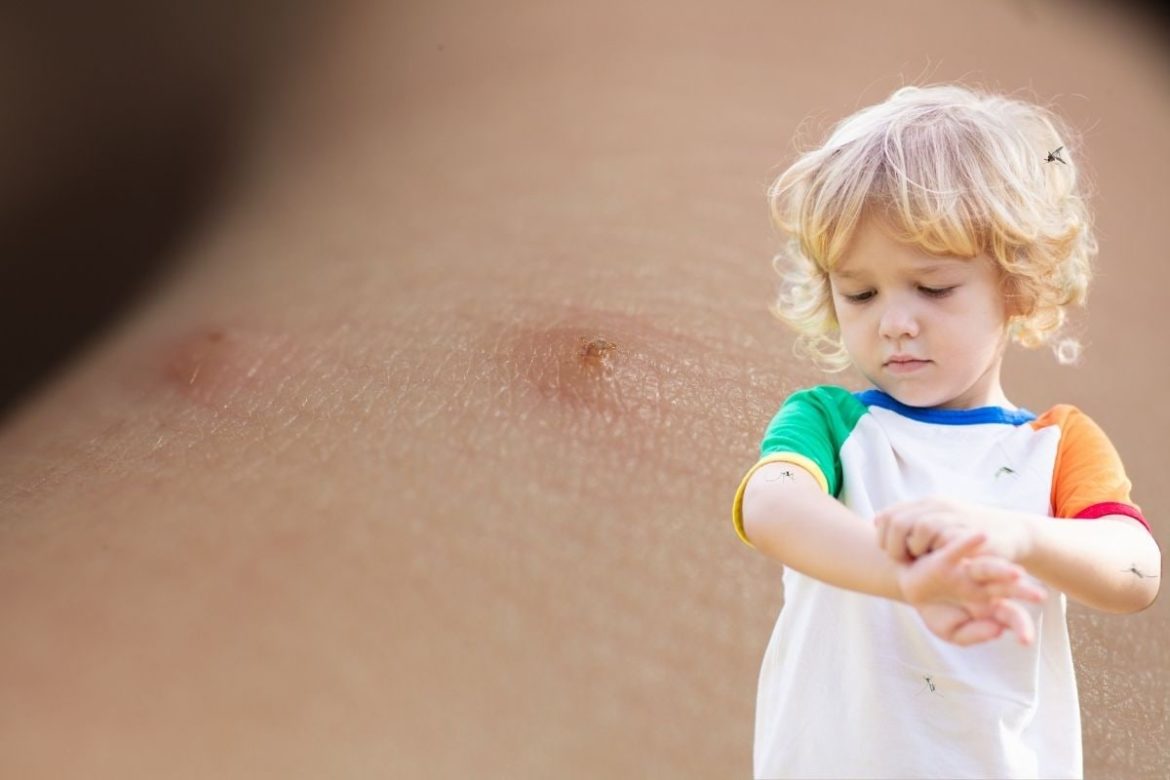Bug Bites – It’s an inevitable part of growing up. Whether it’s mosquito bites, spider bites, sandfly bites, or even bee stings, these painful and sometimes dangerous encounters are common among kids.
But did you know that there are natural remedies for bug bites that can help relieve pain and speed healing? In this article, I’ll share with you the best essential oils for bug bites on toddlers that you can use at home.
1. What is a Bug Bite?
2. How to Treat Bug Bites Naturally
3. Best Essential Oils to Use For Bug Bites On Toddlers
4. More Tips on Dealing with Bug Bites on Toddlers
What Is A Bug Bite?
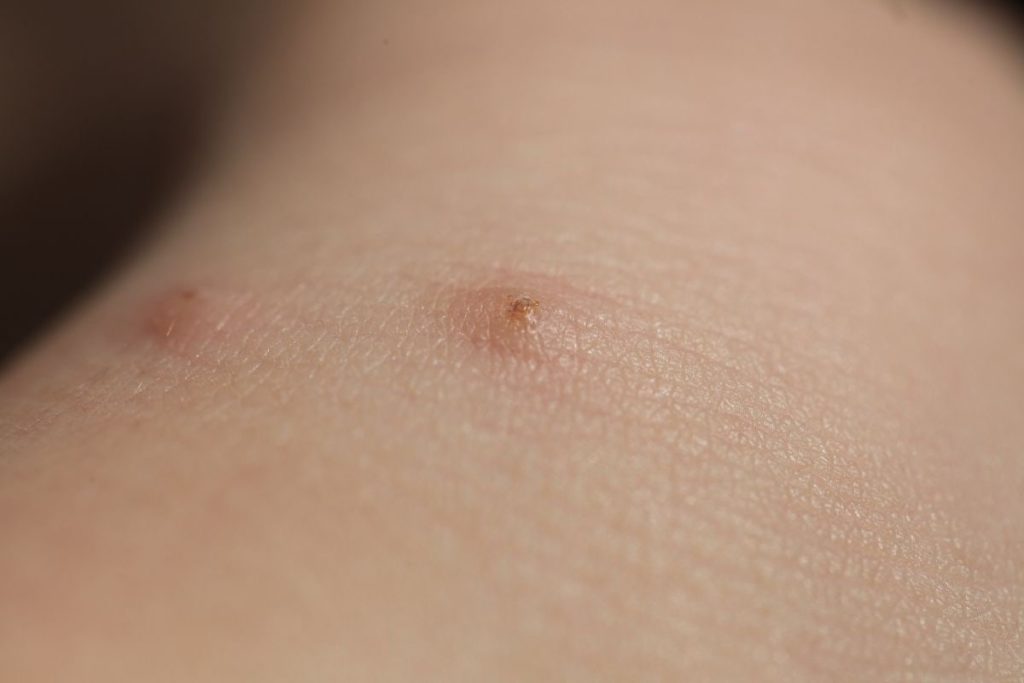
A bug bite is when your skin comes in contact with something harmful like a tick, insect, snake, spider, etc. These things have tiny little teeth called setae which puncture through your outer layer of skin causing irritation and inflammation.
The most common types of bugs that cause bug bites include mosquitoes, ticks, spiders, bees, wasps, ants, fleas, bedbugs, cockroaches, centipedes, scorpions, jellyfish, fire ant mounds, poison ivy/oak, poison sumac, poison oak, poison sumac, and many more!
How To Treat Bug Bites Naturally
There are two ways to treat bug bites naturally. Take note that if you’re allergic to any type of medication, then you should avoid using them as they may make matters worse.This will reduce swelling and provide some relief from itching. You can also apply aloe vera gel over the affected areas. Aloe vera has anti-inflammatory properties so it helps ease discomfort caused by bug bites.
Topical Treatment
The first way involves using topical treatments to help reduce swelling and provide some relief from itching. Here are some ingredients that you may find around your house:
Aloe Vera Gel
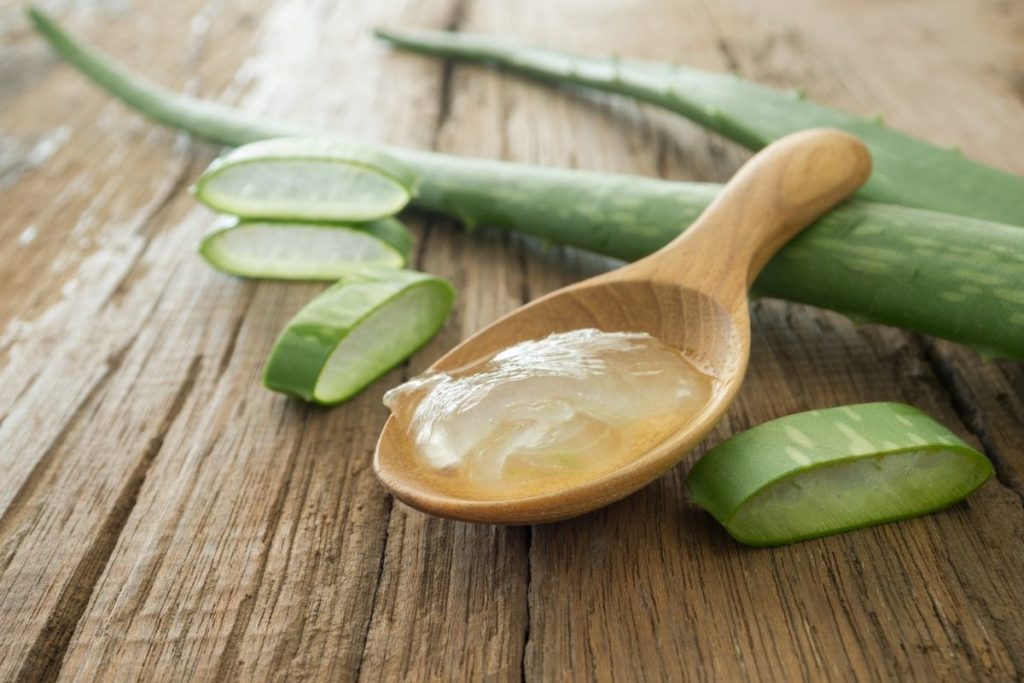
Aloe vera has anti-inflammatory properties to help ease discomfort caused by bug bites
Calamine Lotion
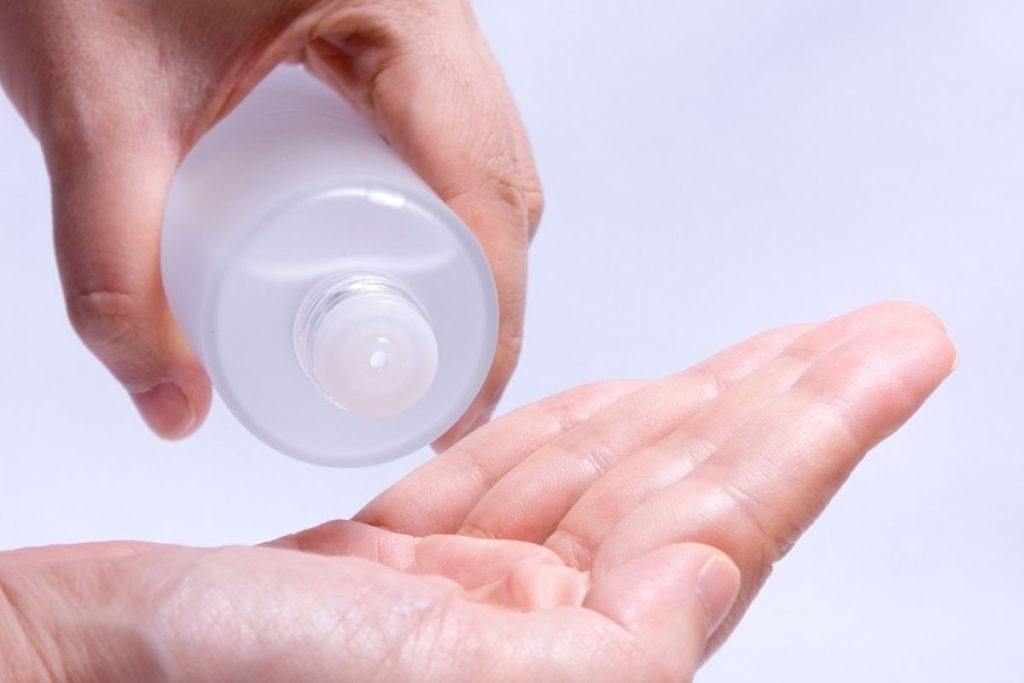
Calamine lotion contains salicylic acid which reduces redness and itchiness associated with bug bites
Witch Hazel
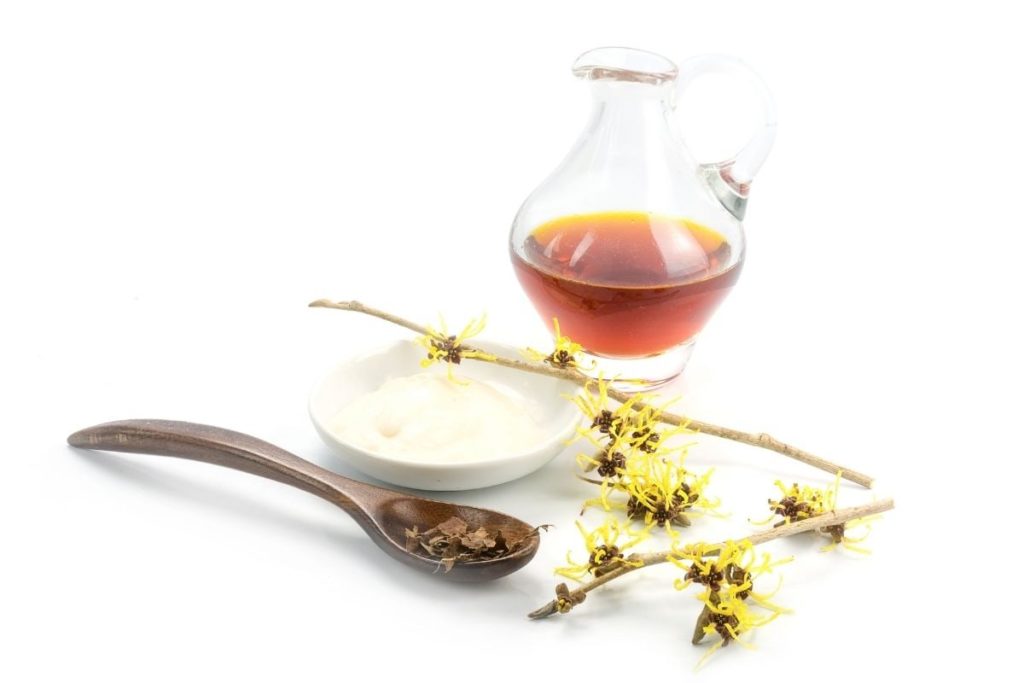
Witch hazel works great for reducing swelling and providing some temporary relief from itching
Coconut Oil
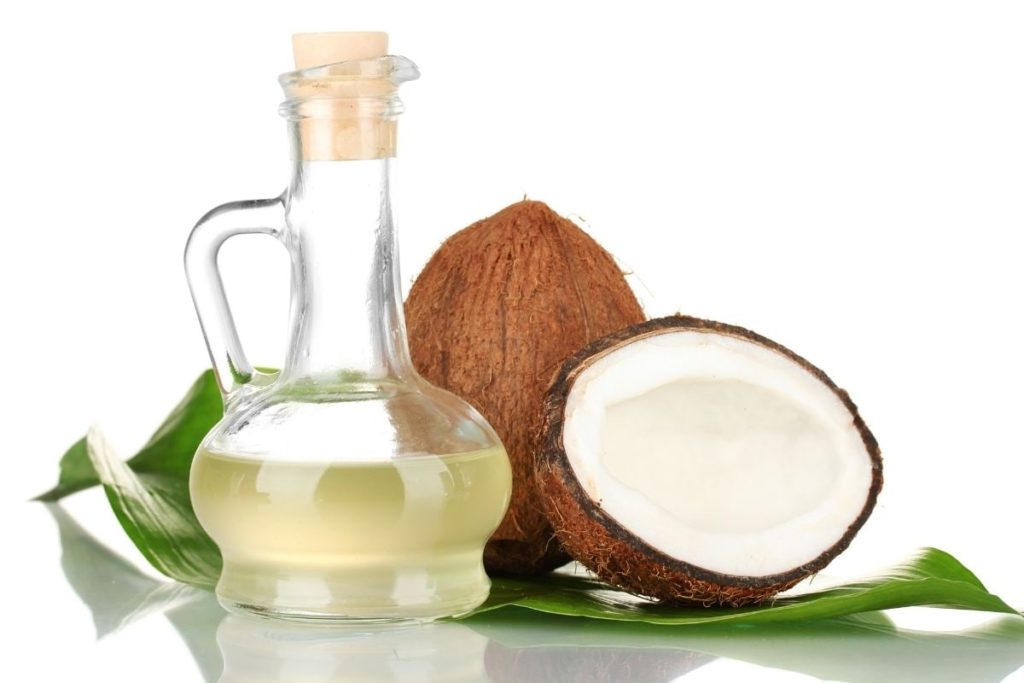
Coconut oil provides moisture to dry out irritated skin and speeds healing, as well as acts as an antibacterial agent against bacteria such as Staphylococcus Aureus and Streptococcus Pneumoniae. This means that it prevents infection from occurring.
Apple Cider

Apple cider vinegar acts as a mild antibacterial agent to prevent infection. Also, it removes dead cells from the surface of the wound helping to promote faster healing.
Vinegar
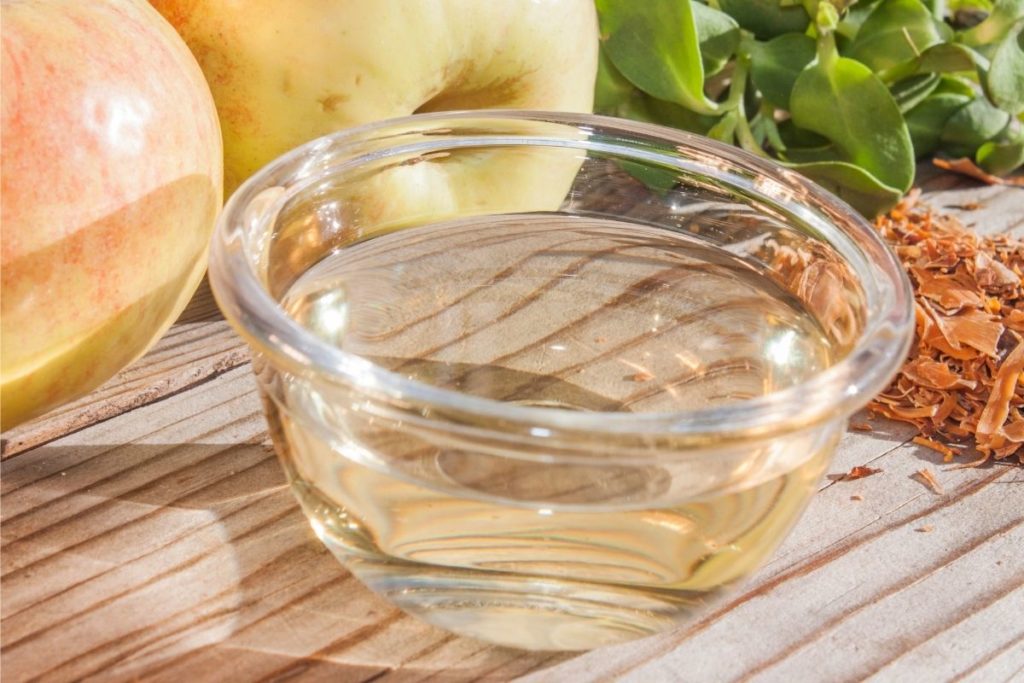
Vinegar works wonders for treating bug bites. The reason why vinegar works so effectively is due to its acidic nature. It kills off germs and bacteria present on the area where the bug bit you.
Baking Soda
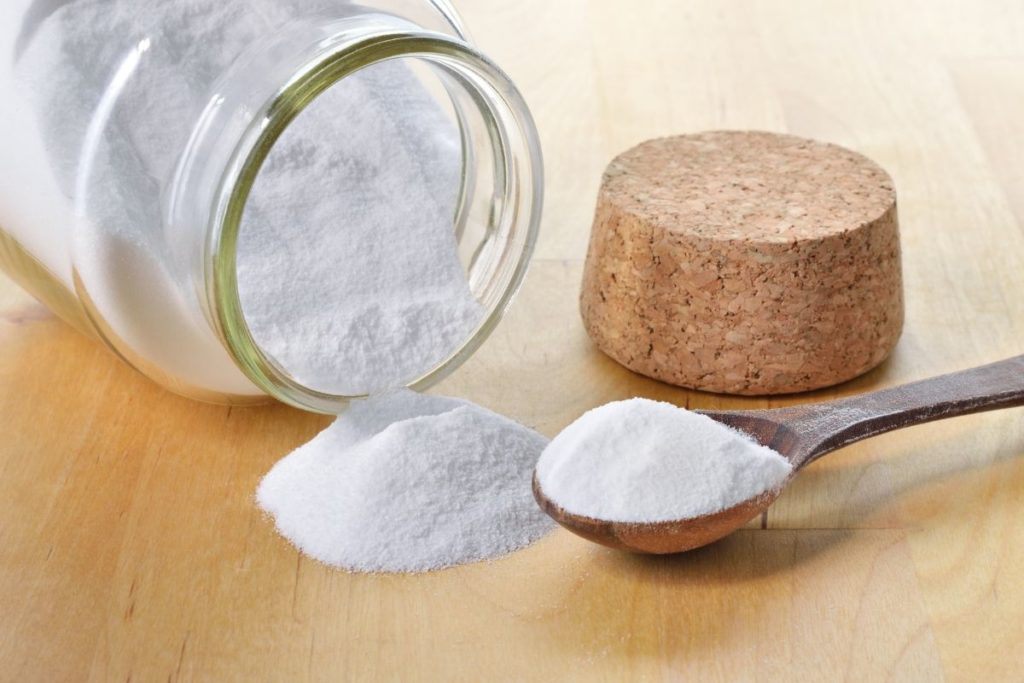
Baking soda neutralizes acids and alkalis found in wounds. Therefore, it promotes healthy tissue growth and aids in preventing infections.
Lemon Juice

Lemon juice cleanses wounds and promotes healthy tissue growth. Lemon juice also aids in removing dirt and debris from the wound site.
Honey
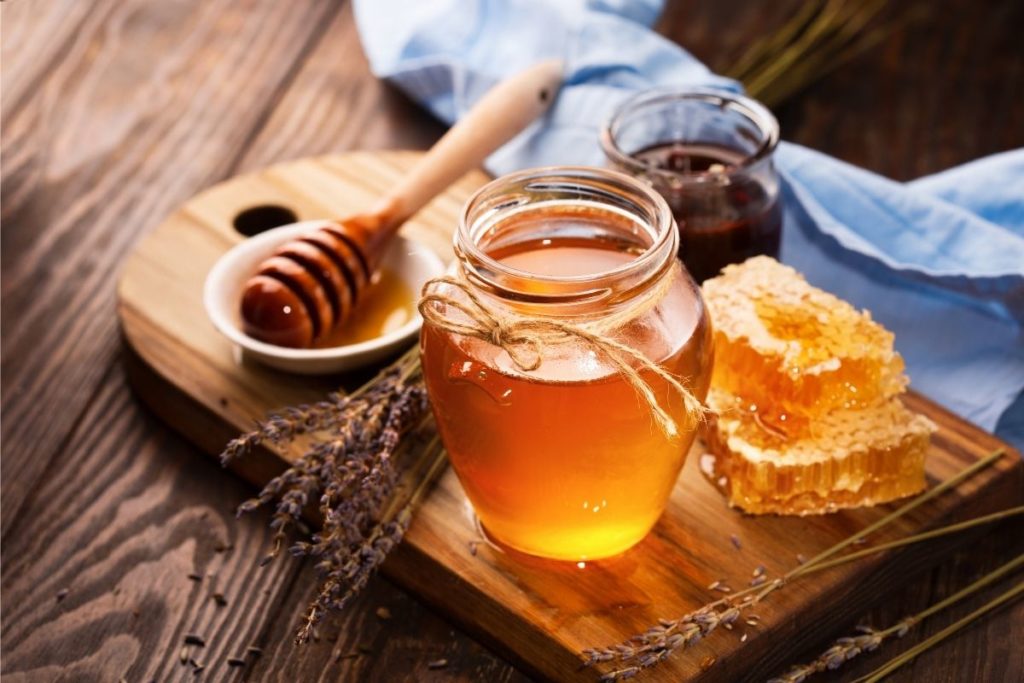
Honey not only moisturizes but also heals minor cuts and scrapes. Honey also fights bacterial infections. It ’s antimicrobial property makes it effective when used topically.
Salt Water

Saltwater rinsing is very useful for cleaning wounds. Saltwater is known to kill harmful microorganisms like E. coli and S. aureus. So, it’s safe to say that it’s good for treating bug bites too.
Heat Treatment
Another method is to apply heat therapy to the affected areas. This includes applying hot packs, heating pads, infrared lamps, heated baths, and warm showers. Heat therapy helps reduce swelling and speeds up the healing process. Furthermore , it increases blood flow to the injured area thus promoting better circulation.
Best Essential Oils to Use for Bug Bites on Toddlers
When choosing essential oils for bug bites, always choose ones that contain anti-inflammatory properties. Some examples of good choices would be eucalyptus, lavender, peppermint, rosemary, thyme, clove, cinnamon bark, cedarwood, geranium, juniper berry, lemongrass, orange, pine, sage, spearmint, tangerine, vetiver, ylang ylang, and wintergreen.
Chamomile
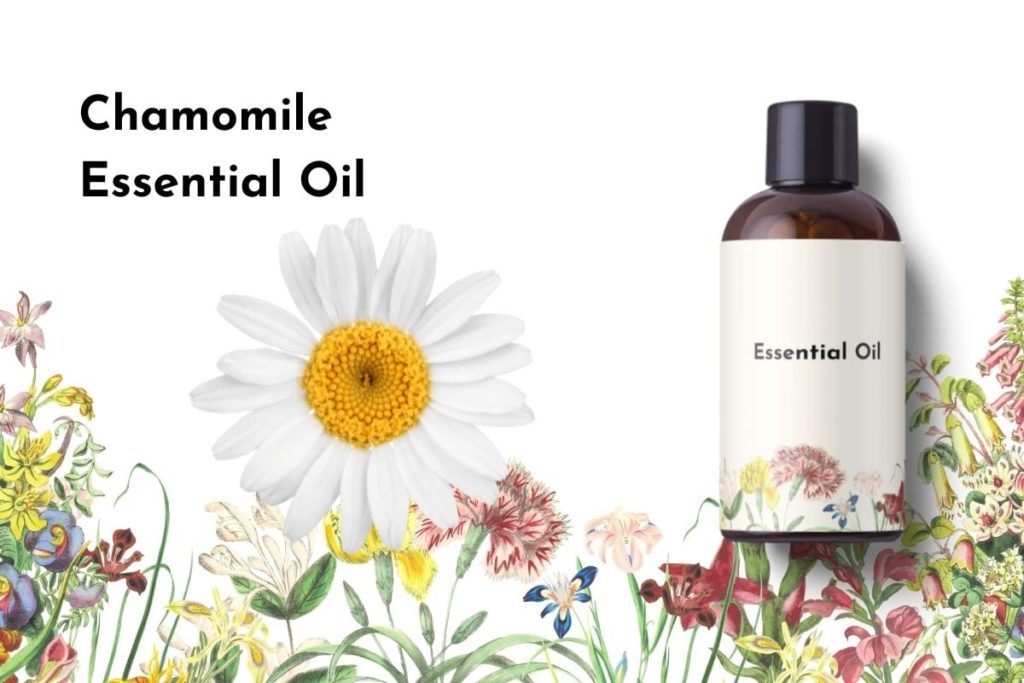
Chamomile has been shown to have soothing effects on inflamed tissues. Chamomile contains compounds called flavonoids that act as antioxidants. These antioxidant properties make them beneficial for protecting your body from free radicals.
Lavender
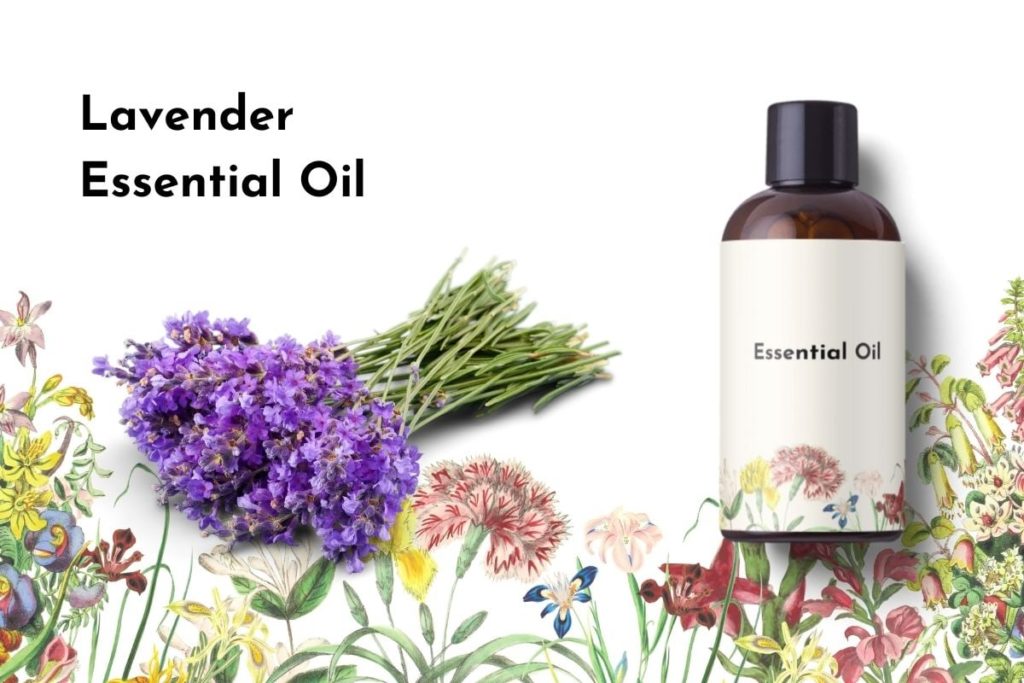
Lavender oil is another great choice for treating bug bites. Its calming effect reduces stress levels which allows the immune system to function properly. It also stimulates lymphatic drainage which improves overall health.
Lemongrass
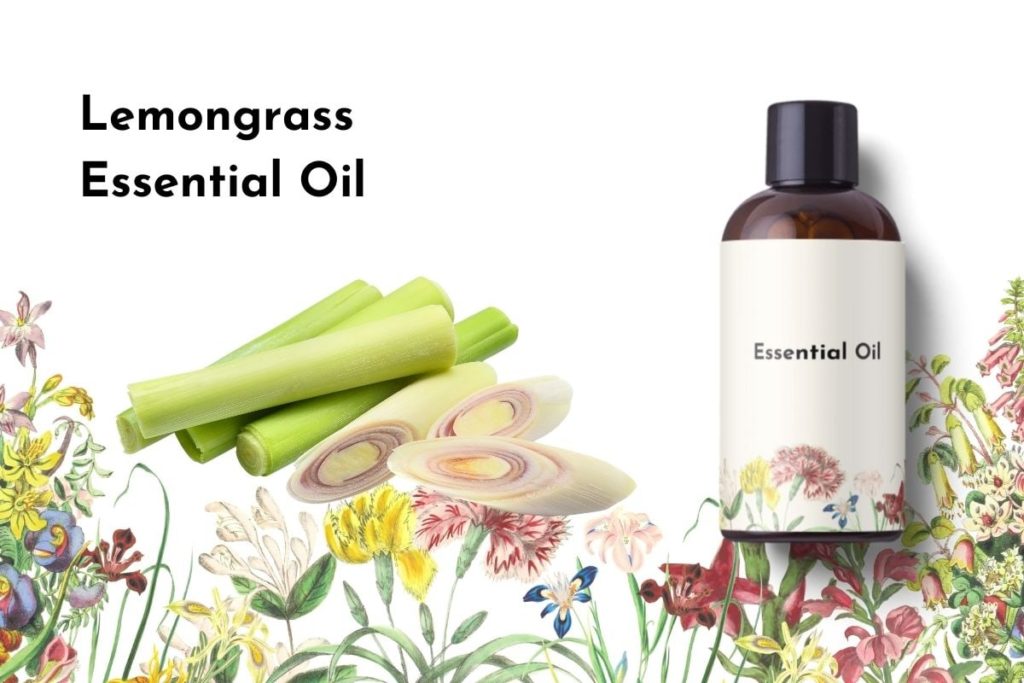
Lemongrass oil is one of the best natural remedies for insect stings. It relieves pain by stimulating nerve endings. In addition, it provides relief from inflammation caused by bee or wasp stings.
Tea Tree
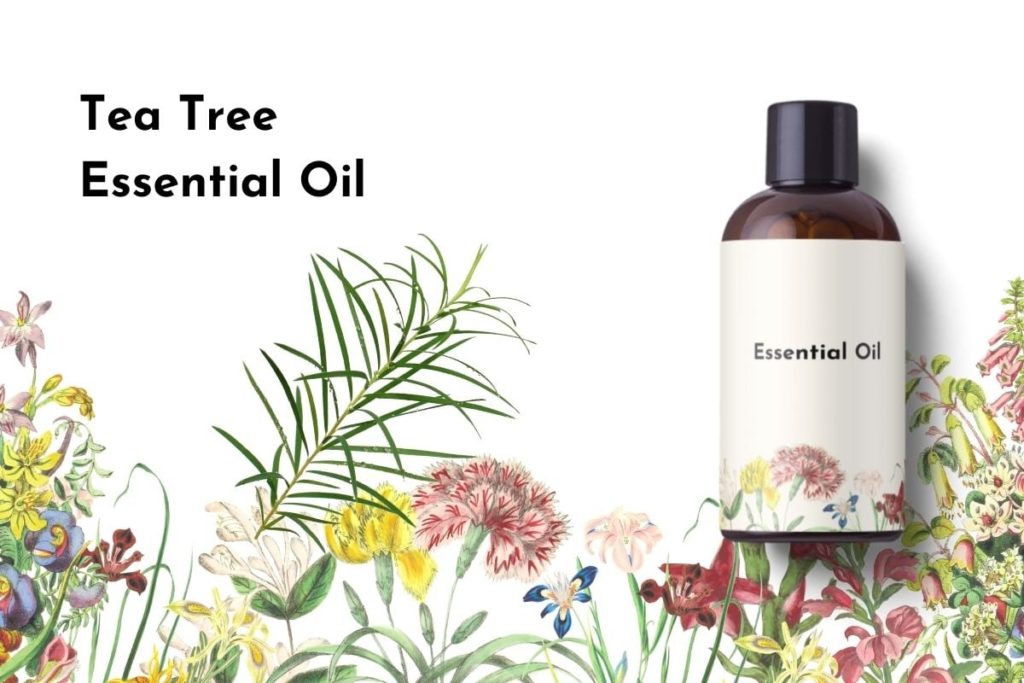
Tea tree oil can help relieve itching associated with mosquito bites. It also treats skin conditions such as acne, eczema, psoriasis, dermatitis, sunburn, and other fungal infections. Furthermore , tea tree oil is an excellent antiseptic agent, which is why it works so well for bug bites.
Essential Oils to Avoid Using on Toddlers
Not all essential oils are safe to use on toddlers, especially those that are high in 1,8-cineole, a component that is known to cause respiratory problems in young kids. Here are some common essential oils we may use to treat bug bites as adults, that should not be used on our little ones.
Peppermint
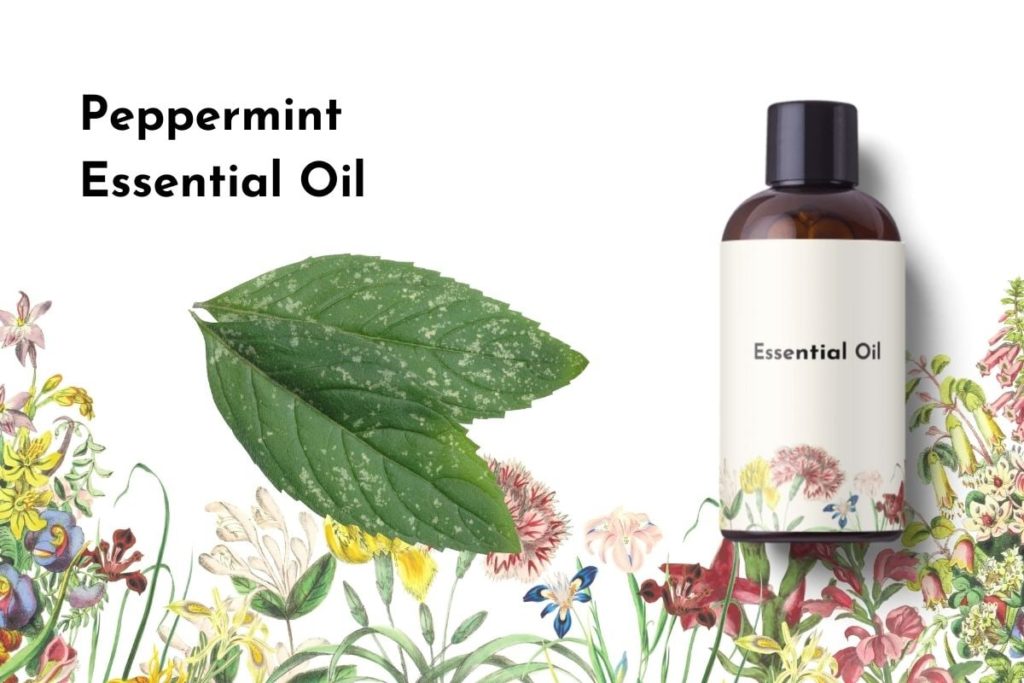
Peppermint oil is well known for its ability to fight against cold sores, fever blisters, and other types of skin irritations. It is highly recommended for treating bug bites as it provides relief from itching and burning sensations. However, it is not recommended to be used on children under the age of 6.
Eucalyptus
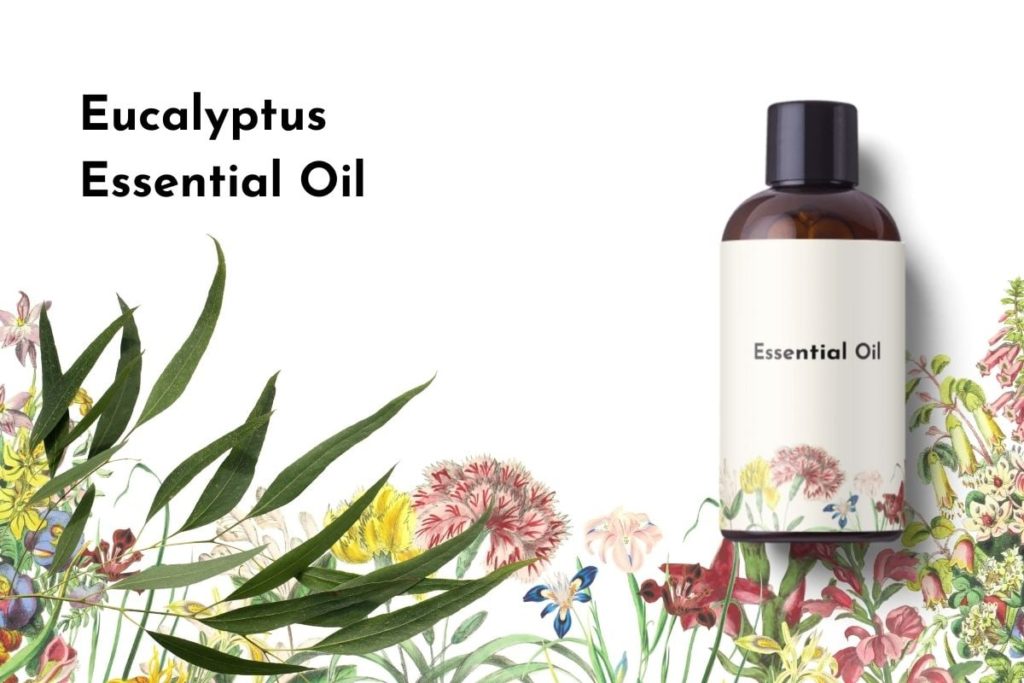
Eucalyptus oil is an excellent natural remedy for insect stings or bites. The antibacterial properties of this oil help prevent infection while the menthol content soothes irritated skin. However, children under the age of 10 should not
Camphor
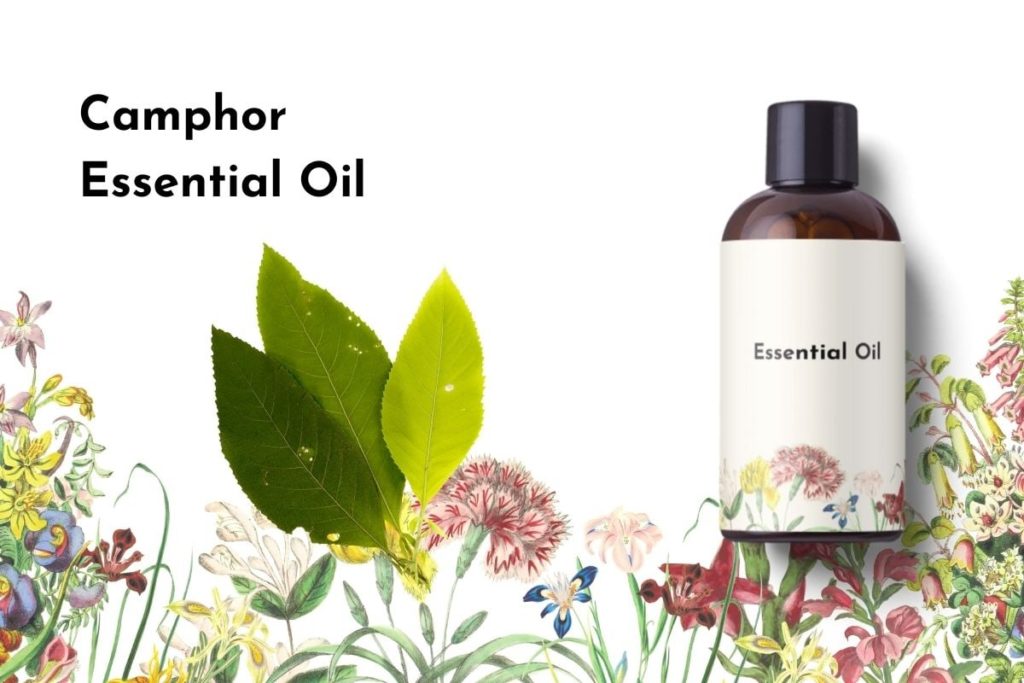
Camphor is one of my favorite essential oils for bug bites because it relieves inflammation and speeds up recovery time. Camphor is antiseptic and disinfectant making it ideal for fighting off any potential pathogens. But due to its known but controlled toxicity, it should not be applied on children under the age of 6, even in small doses.
Rosemary
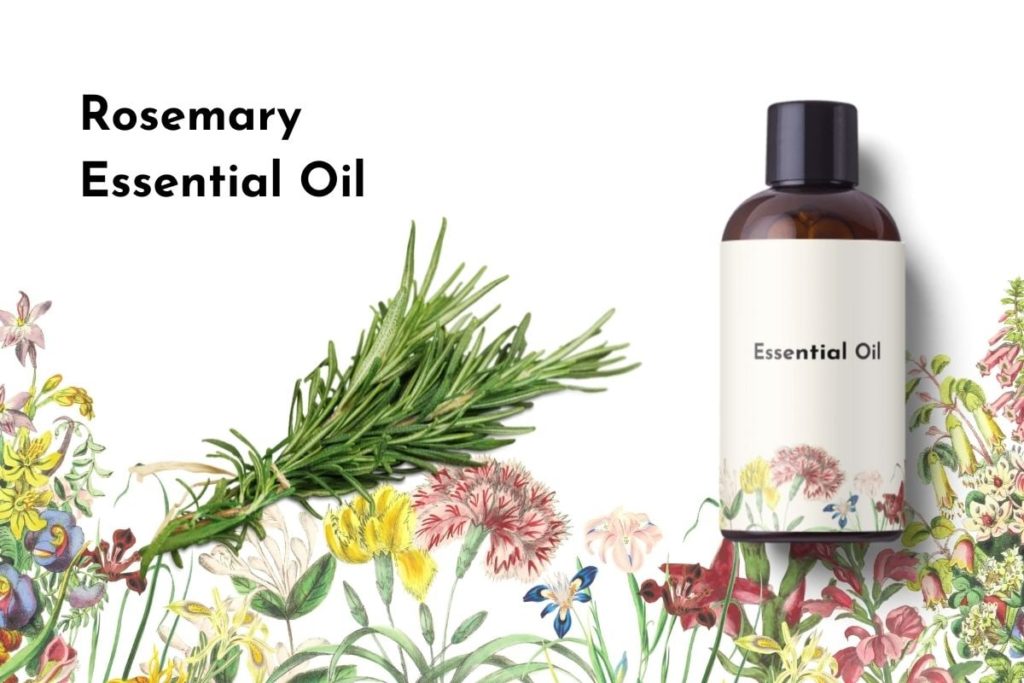
Similar to the rest, rosemary should not be used on toddlers unless they are over the age of 6 years old. This herb may cause breathing difficulties when used on toddlers, and may also cause irritation if ingested by a child.
Cinnamon Bark
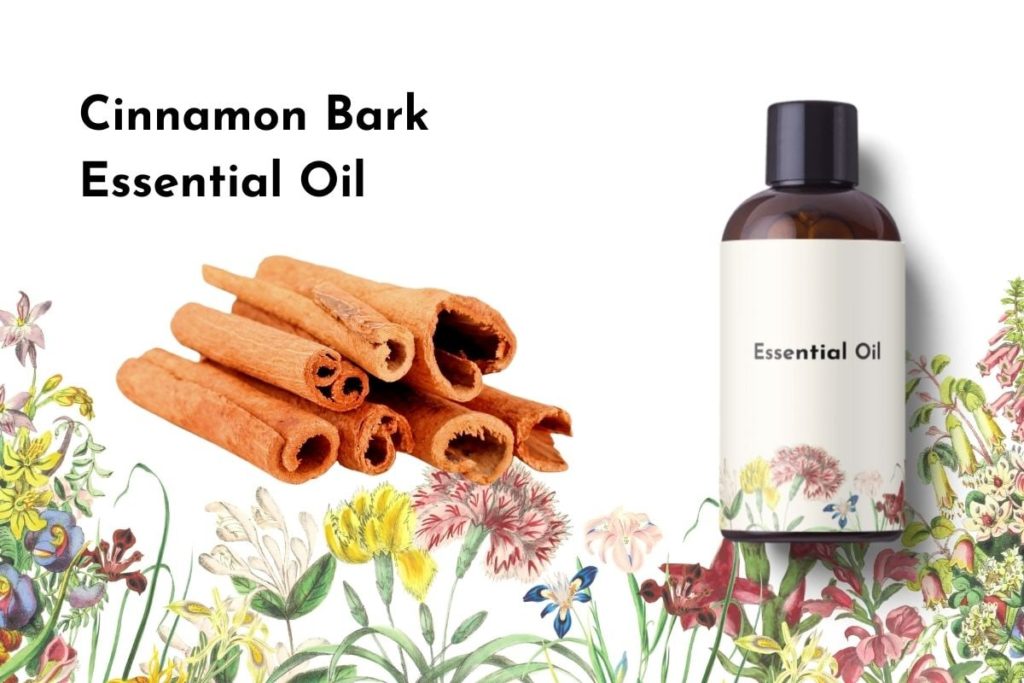
Topical use of cinnamon bark should be avoided on toddlers and adults.
Want to find out more on essential oils that are not suitable for children? Here is a non-exhaustive list of safe essential oils for kids over at Nourishing Joy.
Using Essential Oils as Prevention for Bug Bites
Prevention is better than cure. What’s better than seeking relief from bug bites is not getting bitten in the first place. If you want your toddler to minimize their chances of getting bitten by bugs, here’s some essential oils you can use.
Tea tree

Tea tree oil can work wonders for preventing bug bites. It is fairly effective against midges, bush flies and mosquitoes.
Citronella
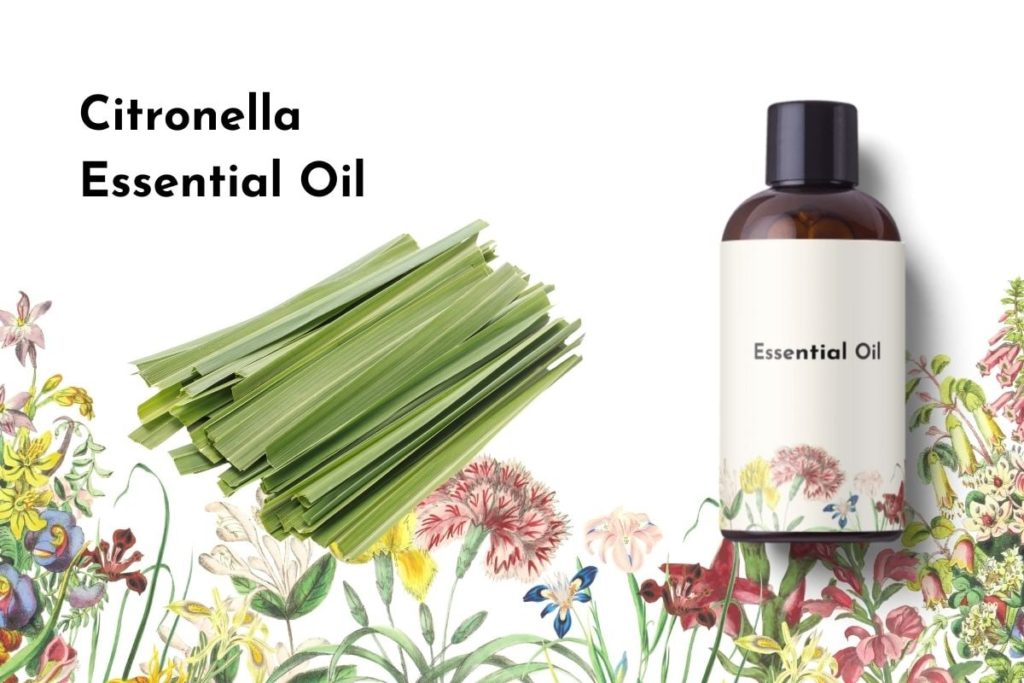
Citronella has always been known to repel mosquitoes, flies, ants, cockroaches, spiders, fleas, ticks, bedbugs, moths, and many other insects. It is very effective in repelling pests without causing harm to humans. Use citronella spray around doors, windows, and furniture where there might be pest infestations.
Lemongrass

Lemongrass is another great option for preventing mosquito bites. Its strong scent will keep them away from biting areas. You can apply lemongrass directly onto exposed parts such as arms, legs, feet, etc., or mix with water and then rub into affected area.
Lavender

Lavender such an incredible multi-use oil. Apart from helping to reduce swelling and speeding up the healing process of insect bites, it also acts as a natural repellent for mosquitoes and other insects.
Tea tree

Tea tree oil is commonly found in most household products including shampoos, lotions, toothpastes, deodorants, soap bars, candles, air fresheners, and much more.
Diluting Essential Oils
Essential oils should be diluted before topical application on the skin. It is not safe to apply undiluted essential oils to the skin because this could result in burning sensation, rash, itching, redness, blisters, peeling, sensitization or worse. Dilution helps prevent these side effects.
There are several ways to dilute essential oils. The general guide is to dilute them between 2-3% with a carrier oil before topical application to the skin. Here’s a great reference post for a detailed guide on how you should dilute your essential oils.
More Tips on Dealing with Bug Bites on Toddlers
Avoid Scratching the Affected Area
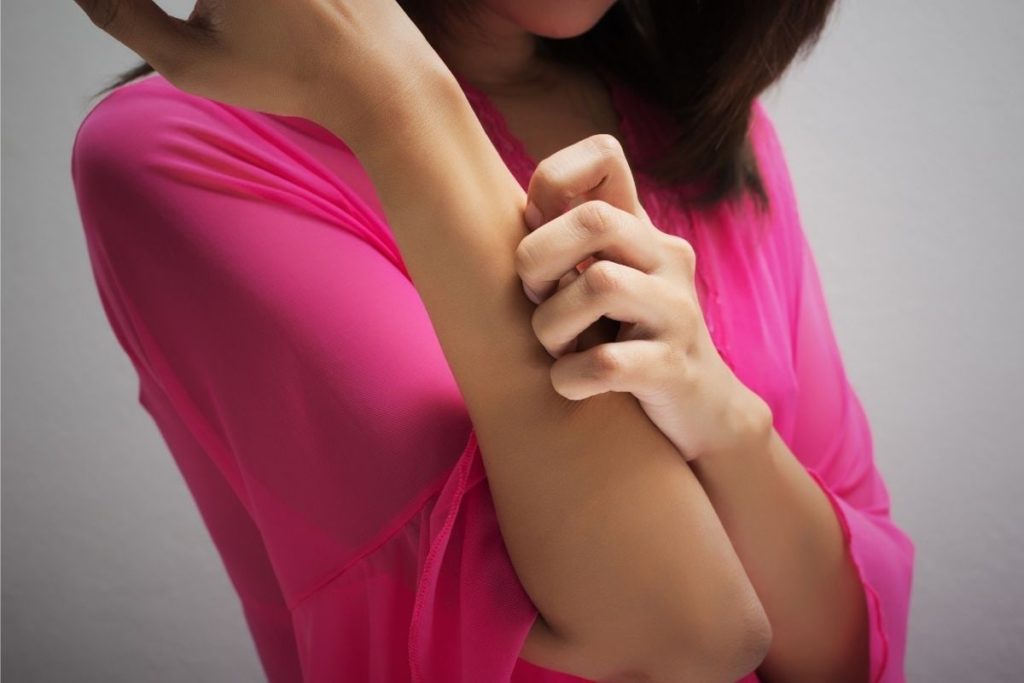
We know how tempting it is to scratch on itchy bug bites. You should be constantly reminding your child to avoid scratching the area because doing so will only make matters worse by spreading bacteria around. Also, try to wash hands after handling any contaminated items like toys, clothing, shoes, etc. This way, they won’t get infected when playing outdoors.
Do an Allergy Patch Test
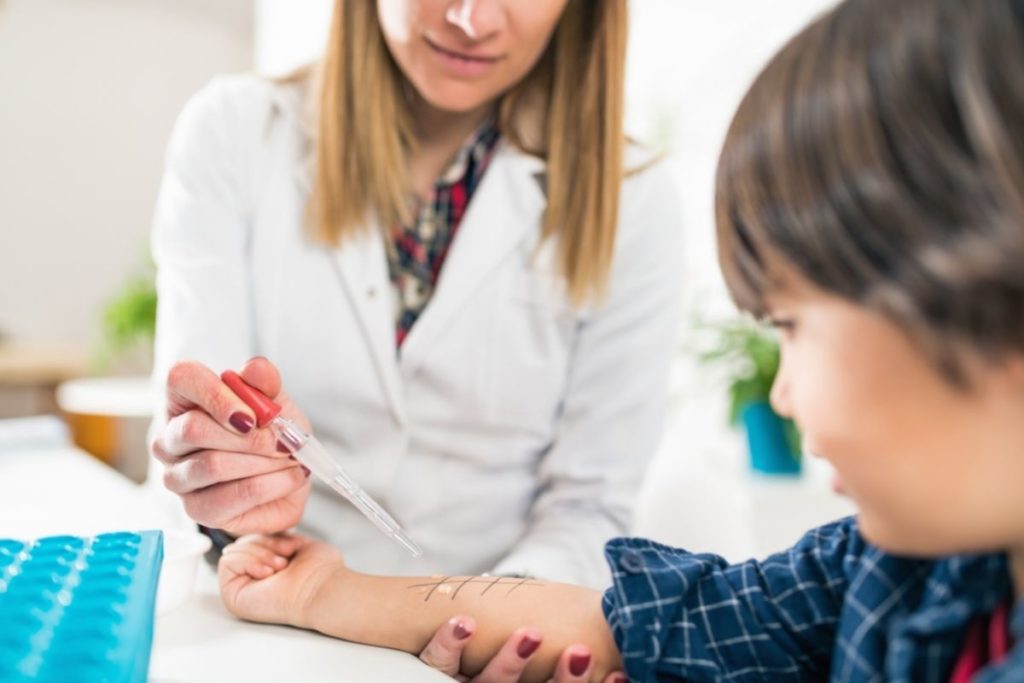
Do an allergy patch test prior to using any essential oils. The test takes up to 48 hours, so be sure to prior to the activity day. Some people may experience allergic reactions not just directly from the essential oil, but also if they accidentally touch certain ingredients used in making the oils too. Check out this article on how to do a patch test.
Seek Professional Help If Your Child is Experiencing an Allergic Reaction
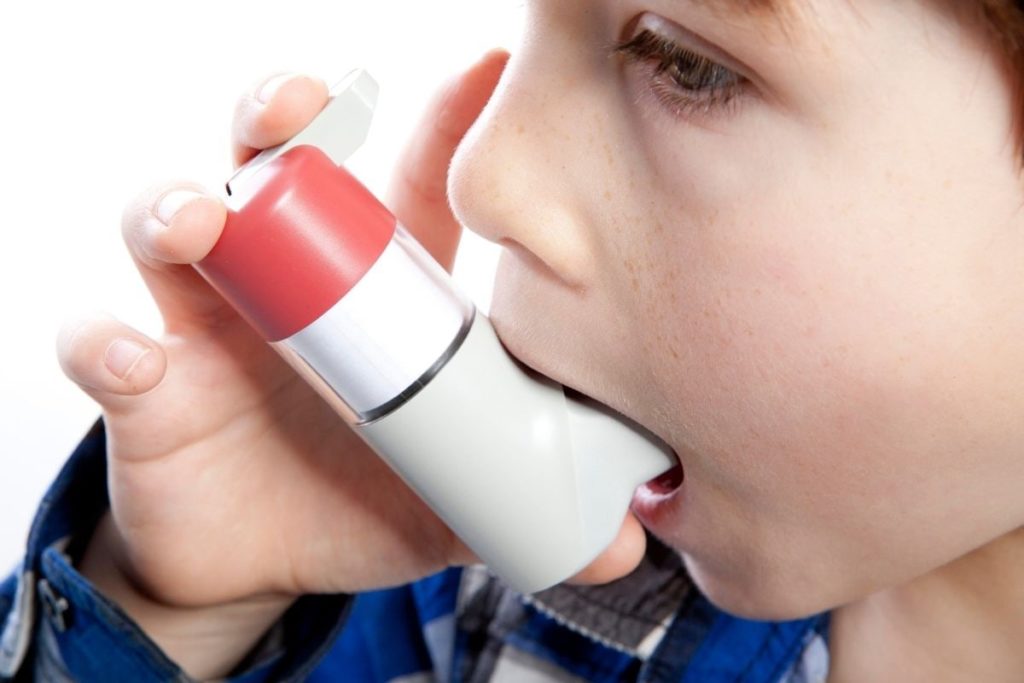
If your child is experiencing an allergic reaction, or had an adverse reaction from a bite before, be sure to seek professional medical help immediately. Self-treatment should not be administered as substitution for professional medical help.
Prepare Spray Bottle
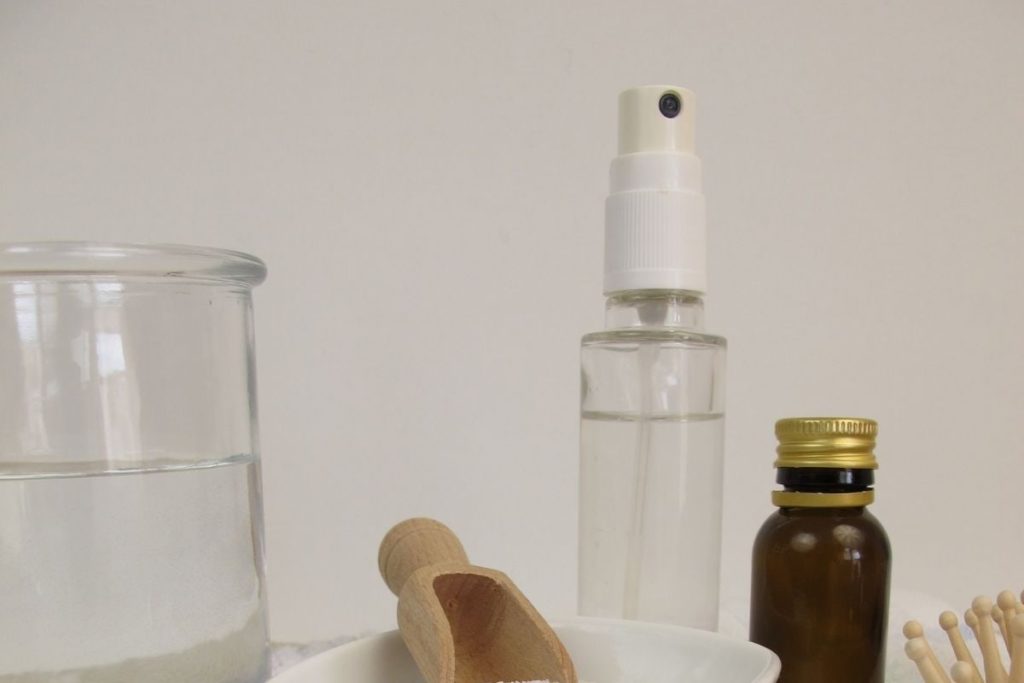
Heading outdoors for a fun family outing? Be sure to include a spray bottle with your essential oil blend in your packing list so that you can apply your essential oils quickly when you need them. Trust me, it really comes in handy when you need it. References:

